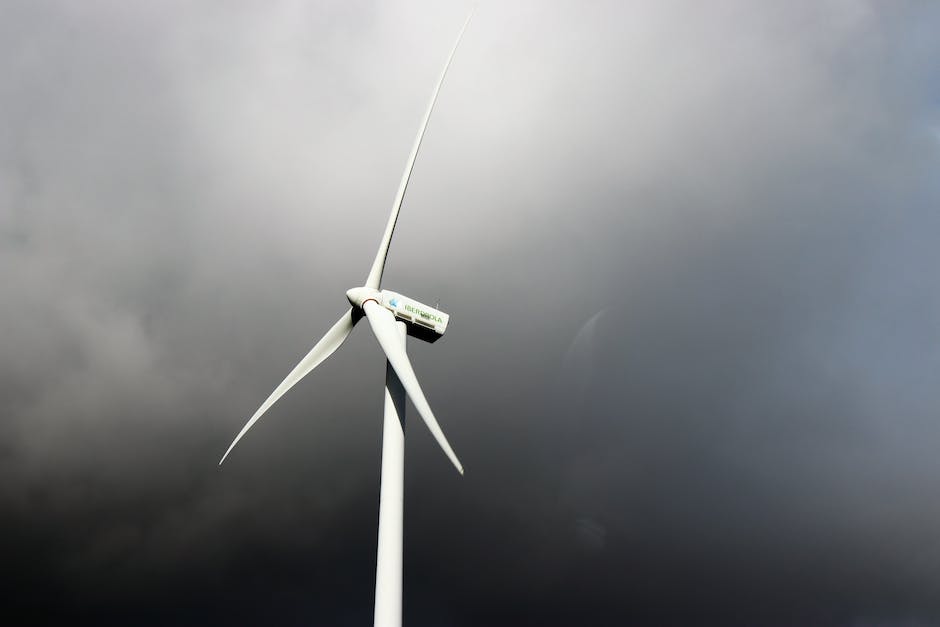As the world becomes more conscious of the environment, many industries are being pressured to adopt eco-friendly practices in order to maintain sustainability. One industry that is often overlooked in this conversation is the cannabis industry. However, with the increasing legalization of cannabis around the world, it is important to examine how this industry can be profitable while also being environmentally sustainable. In this blog post, we will explore the innovative ways that some cannabis companies are implementing eco-friendly practices into their operations, and how this can lead to long-term financial success.
Brief history of cannabis prohibition and the impact on environmental sustainability
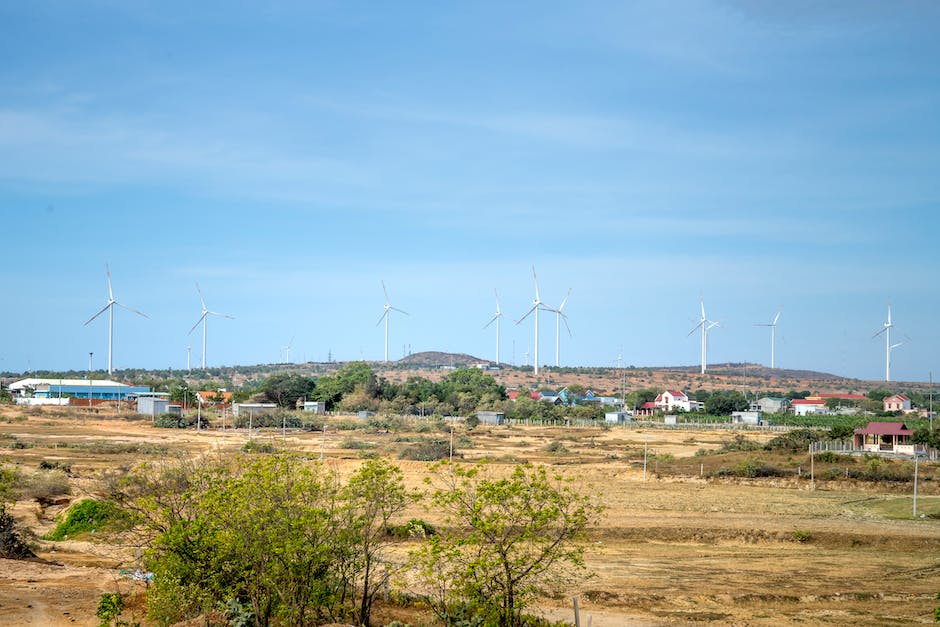
Cannabis prohibition dates back to the 1930s and has since had a significant impact on the environment. Most illegal cannabis growers are notorious for their destructive cultivation practices such as deforestation, excessive water usage, and illegal dumping of toxic waste. These agricultural practices have resulted in severe environmental pollution, wildlife habitat loss, and depletion of natural resources in many regions.
Moreover, the criminalization of the cannabis industry has hindered the implementation of proper waste disposal measures, causing extensive environmental contamination. However, with the recent legalization of cannabis in various states and countries, there is now an opportunity to create a sustainable and profitable cannabis industry.
By adopting eco-friendly practices in cultivation, processing, and transportation, the industry can significantly reduce its carbon footprint and contribute positively to environmental sustainability. Cannabis growers can implement sustainable practices such as using renewable energy sources like solar or wind, utilizing natural pest management techniques, and promoting soil conservation by reducing the use of harmful pesticides and fertilizers.
In conclusion, with the legalization of cannabis, the industry has the potential to become an environmentally sustainable business. Regulated and sustainable cannabis production can contribute to the preservation of natural resources and wildlife habitats while enhancing business growth and development.
Discussion of the environmental benefits of cannabis cultivation (e.g. lower carbon footprint compared to other crops)
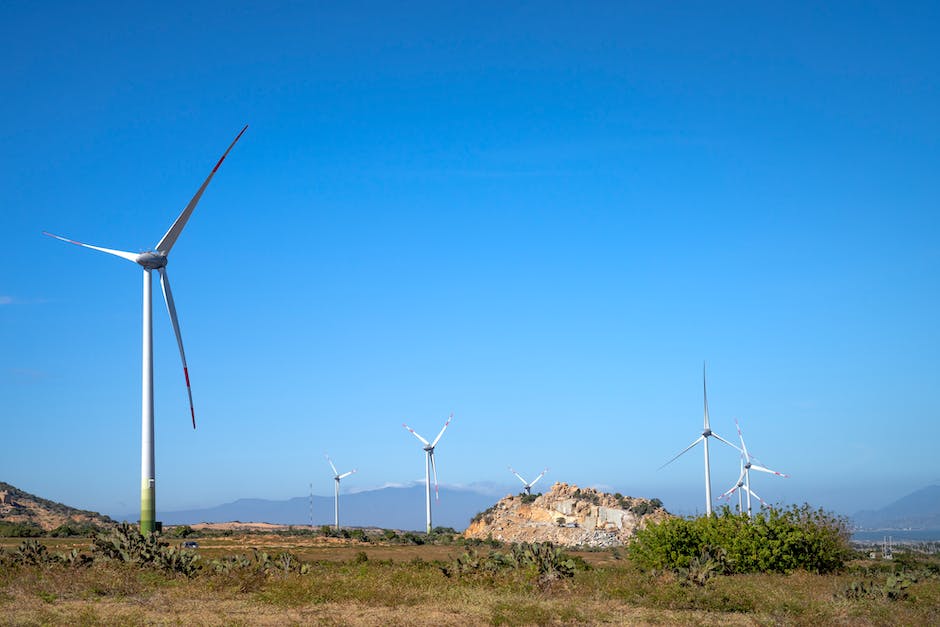
Compared to other crops, cannabis cultivation has been found to have a lower carbon footprint. One study found that the production of a kilogram of cannabis produced between 2,283 and 5,184 kg of carbon dioxide equivalents (CO2e), whereas the production of a kilogram of beef results in 60,322 kg CO2e. This is due in part to the fact that cannabis can be grown indoors, using more controlled environments that reduce waste and optimize energy use. Additionally, hemp (a variety of cannabis) can be used as a sustainable alternative to traditional materials like cotton, which requires huge amounts of water and pesticides. As cannabis legalization continues to spread, the industry is becoming a leader in sustainable practices that not only benefit the environment but also contribute to profitability.
Examination of current industry practices and their impact on sustainability (e.g. use of pesticides, water consumption, energy consumption)

The cannabis industry has a responsibility to ensure the sustainability of its business practices, and it’s essential to examine current industry practices‘ impact on sustainability. One of the significant environmental concerns in the industry is the use of pesticides. While most states have regulations on the use of pesticides in cannabis cultivation, the industry needs to find sustainable and organic alternatives. Water consumption is another critical issue in the cannabis industry. Plentiful water supply is essential for cannabis growth, but it puts pressure on water resources in areas where water is already scarce. The industry needs to consider alternative water sources, such as rainwater harvesting, to reduce their impact on the environment. Finally, energy consumption is an important issue in the cannabis industry, especially for indoor cultivation. Switching to renewable energy sources, such as solar or wind, can reduce the industry’s carbon footprint and improve sustainability. By examining current industry practices and their impact on sustainability, the cannabis industry can find ways to reduce its environmental impact while still maintaining a profitable business model.
Success stories of sustainable cannabis companies (e.g. use of solar power, organic farming methods)
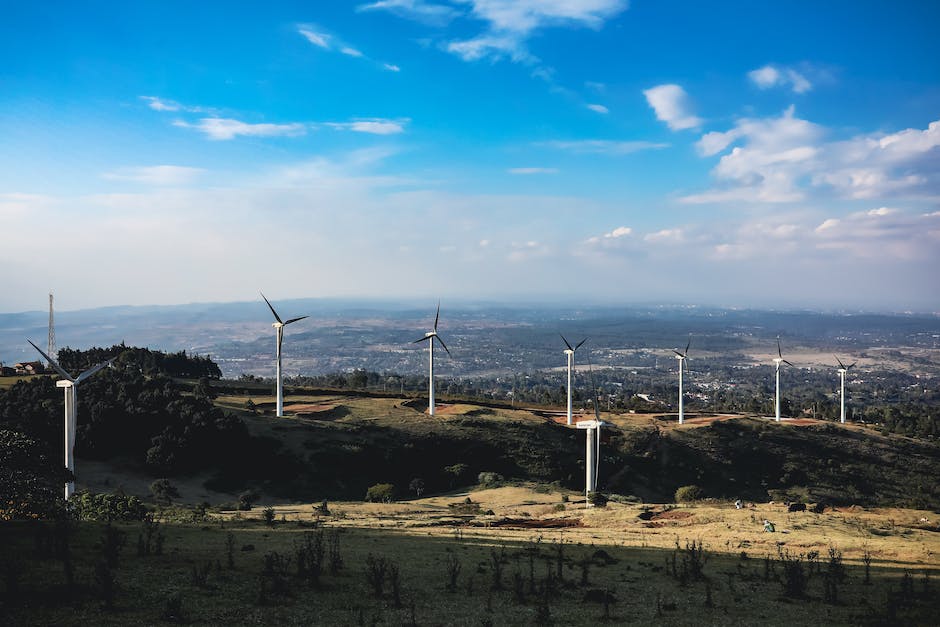
One of the notable success stories in the sustainable cannabis industry is the use of renewable energy sources such as solar power. Companies like Sustainabis, a California-based cannabis cultivator, have implemented solar panels to power their farms, significantly reducing their carbon footprint. Not only is this eco-friendly, but it also allows for cost savings on energy bills, making it a profitable move for the company.
Another example is the use of organic farming methods in cannabis cultivation. Companies like L’Eagle Services in Colorado prioritize organic and sustainable practices, with their products being certified by the USDA as organic. This not only benefits the environment but also improves the quality of their products, making them more desirable to consumers who prioritize sustainable and healthy living.
These sustainable cannabis companies have shown that it is possible to operate a successful business while prioritizing eco-friendly and socially responsible practices. As the cannabis industry continues to grow and expand, it is important for companies to consider the long-term impact of their operations on the environment and society.
Importance of sustainable practices in consumer preference and product demand

Consumers today are increasingly conscious of the potential impact their purchases have on the environment. As a result, they are making choices that reflect their values, resulting in an increased demand for eco-friendly products. The cannabis industry has not been immune to this trend, as a growing number of consumers are prioritizing sustainability when purchasing cannabis products. With the industry projected to reach $73.6 billion by 2027, those companies that prioritize eco-friendly practices are sure to benefit from increased demand and higher profits. It is crucial, therefore, for businesses operating within the cannabis industry to recognize the value of and invest in sustainable practices. By doing so, they can both meet the changing preferences of their customers while ensuring the health of the planet for generations to come.
Examples of innovative technologies to improve sustainability in the industry (e.g. hydroponics)
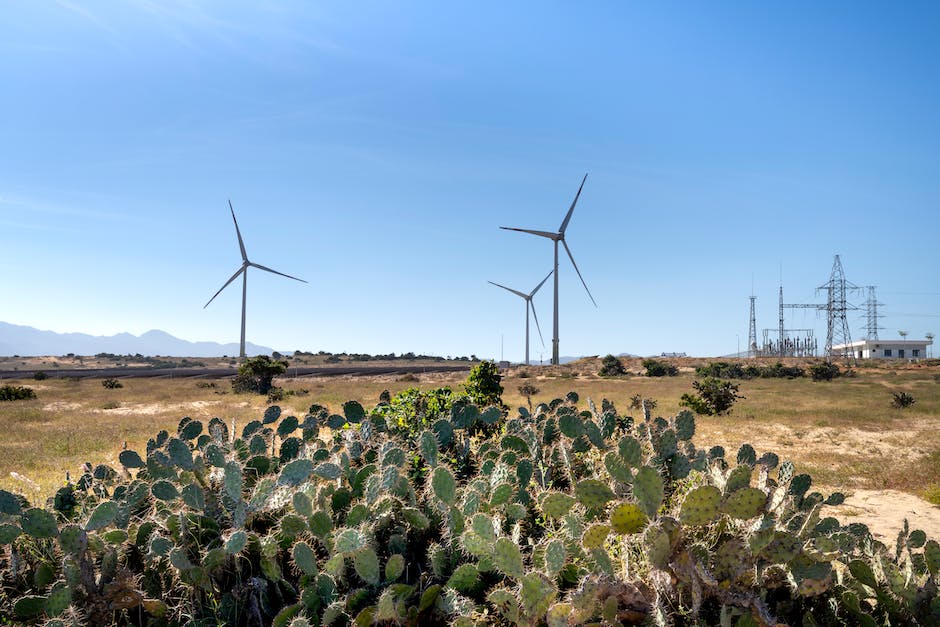
One example of a technology that has increased sustainability in the cannabis industry is hydroponics. Hydroponics is a soilless method of growing plants that uses a nutrient-rich water solution. This method is more sustainable than traditional soil-based methods because it requires less water and fertilizers, reducing the environmental impact of farming. In addition, hydroponics allows for precise control over the growing conditions, leading to faster and more efficient growth. Other innovative technologies used in the industry include LED lighting, which uses less energy and produces less heat, and automated systems that reduce waste and optimize resource usage. By adopting these sustainable technologies, businesses in the cannabis industry can improve their bottom line while reducing their impact on the environment.
Economic benefits of sustainable cannabis practices (e.g. lower costs, increased profits, access to government incentives)

Sustainable practices not only benefit the environment, but they can also have a positive impact on a company’s bottom line. The cannabis industry is no exception. By adopting eco-friendly practices such as using renewable energy sources and reducing waste, cannabis businesses can lower their costs while also increasing profits. Furthermore, sustainability-focused businesses may be eligible for government incentives and tax breaks, providing yet another economic benefit. In addition, customers are increasingly drawn to companies that prioritize sustainability, which can lead to increased sales and brand loyalty. It’s clear that embracing eco-friendly practices is not only the right thing to do for the planet, but it’s also a smart business decision.
Potential for sustainable cannabis industry to contribute to larger environmental initiatives (e.g. carbon offset credits)
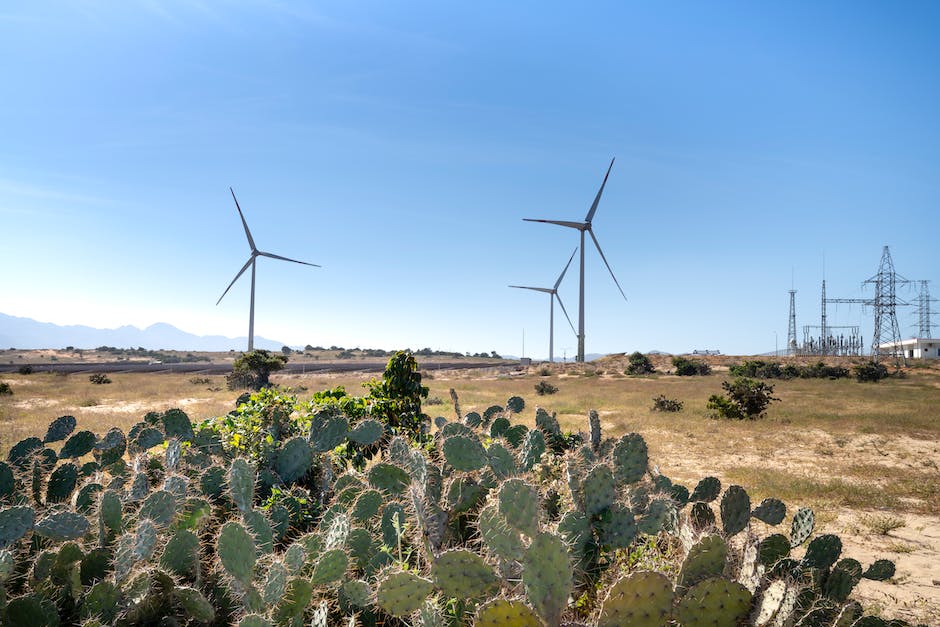
The potential for the sustainable cannabis industry to contribute to larger environmental initiatives is significant. By adopting a more eco-friendly approach to cultivating and producing cannabis, companies in this industry can create additional revenue streams by participating in carbon offset credit programs. This not only helps to offset the environmental impact of their businesses but also provides an opportunity to contribute to larger climate change initiatives.
Moreover, the cannabis industry can drive research and development towards creating more sustainable cultivation practices. This can lead to the development of new technologies that can be applied to other industries such as agriculture to make them more sustainable. Ultimately, the cannabis industry has the potential to be a game-changer towards achieving a more sustainable future for our planet.

